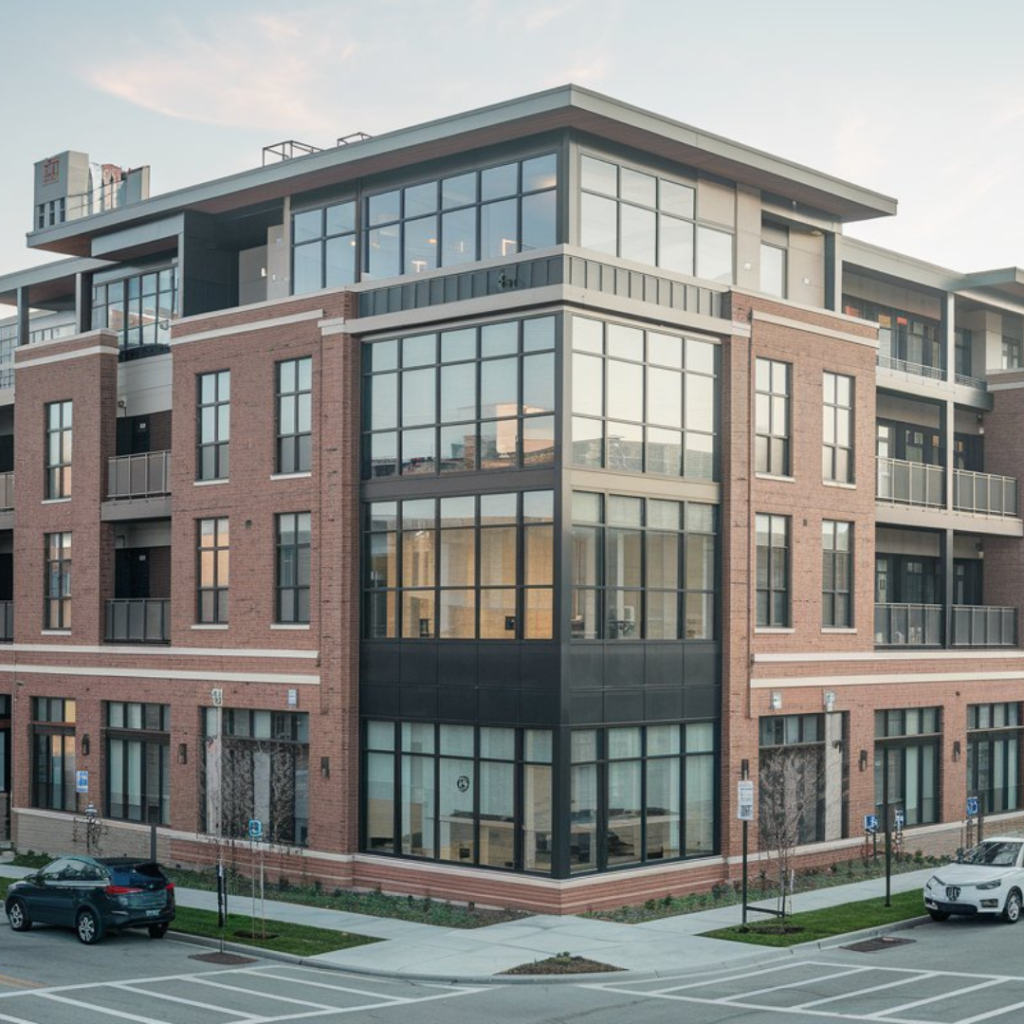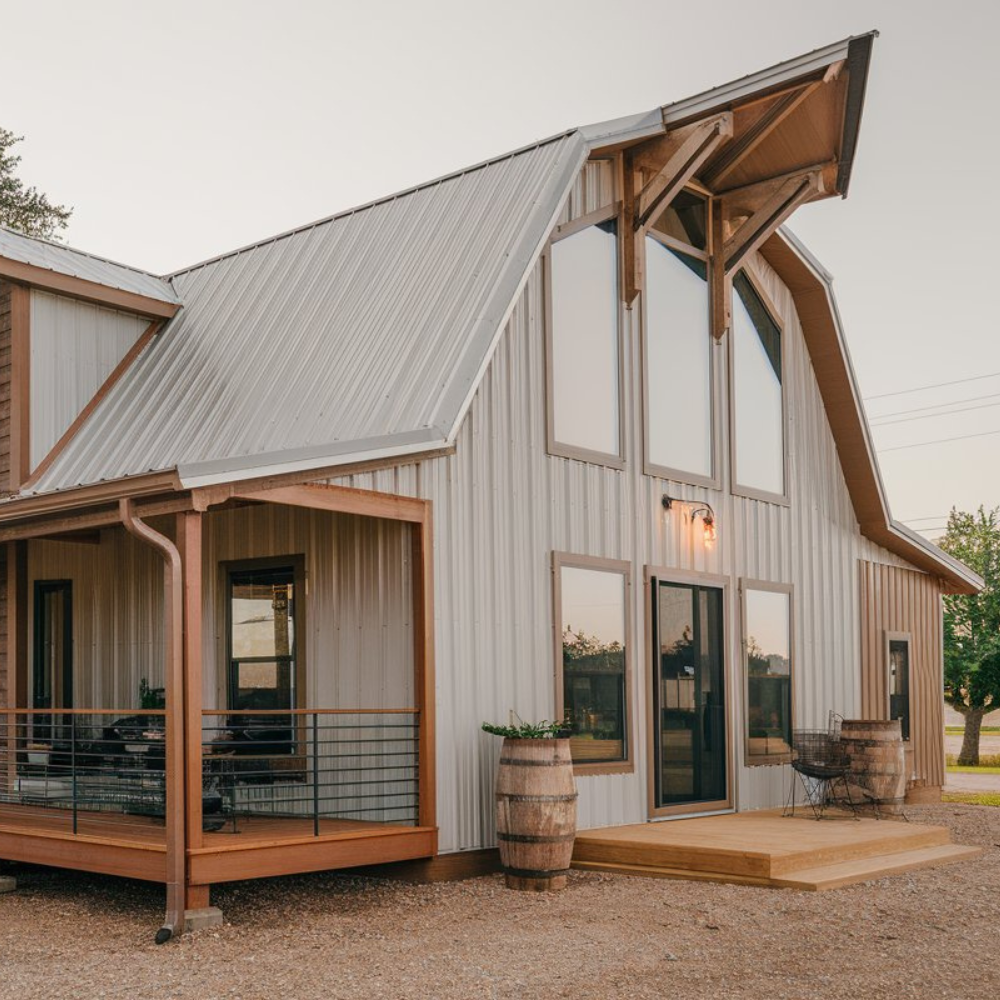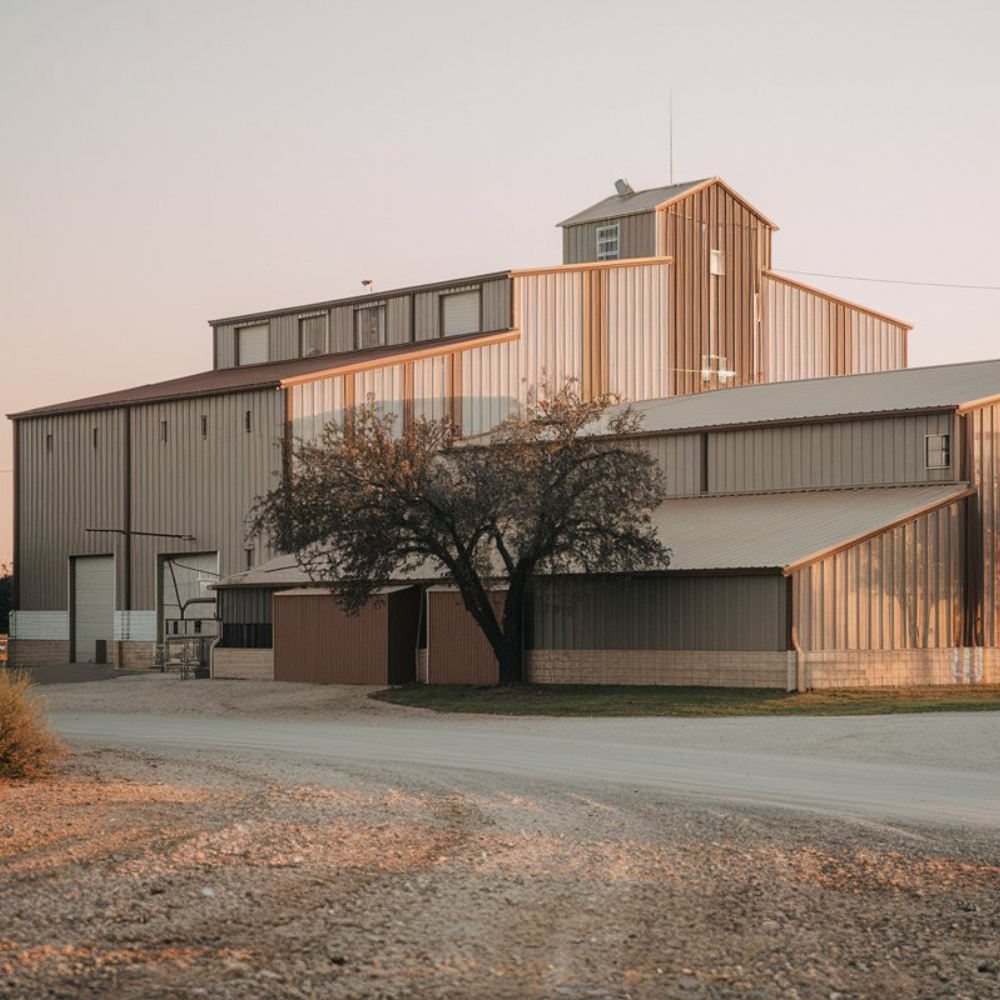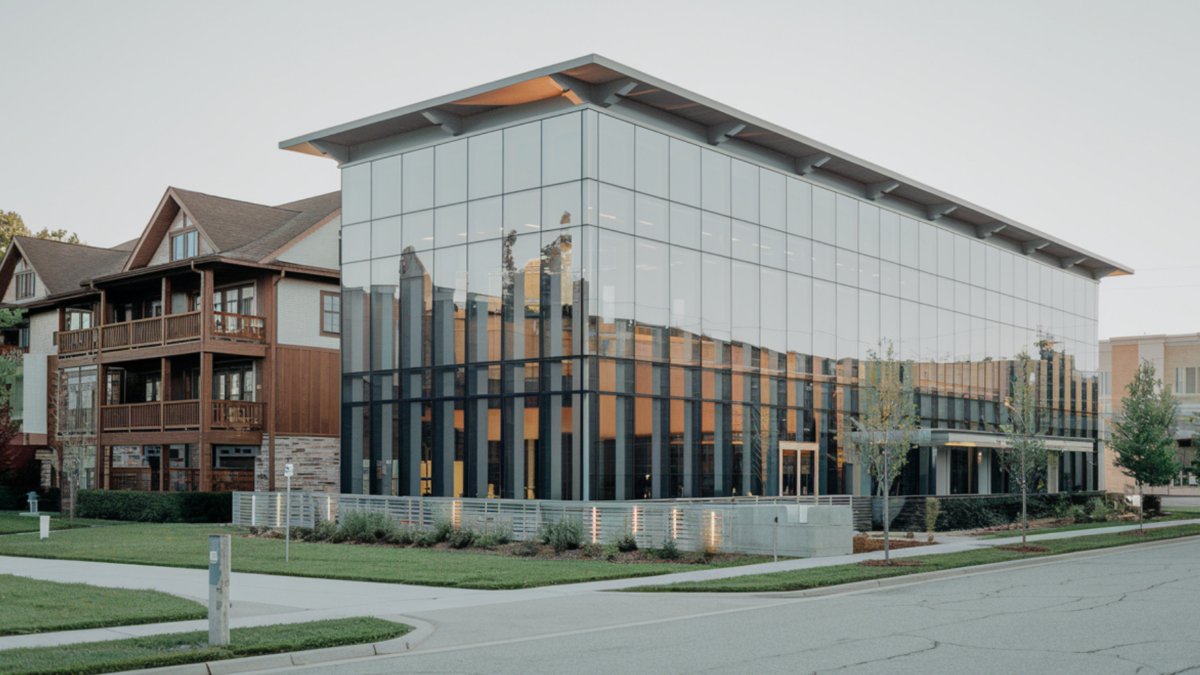Introduction
Structural engineering in Colorado is essential for ensuring the safety, compliance, and longevity of major structures, commercial buildings, and residential properties. While the state mandates that a licensed Professional Engineer (PE) with structural expertise oversee such projects, local regulations can vary depending on county-specific requirements. This article provides a comprehensive overview of structural engineering needs across Colorado, with a focus on commercial and residential projects in key counties such as Denver, Boulder, Douglas, El Paso, Park, and Jefferson.
Table of Contents
- Major Structures Across Colorado Counties
- Commercial Building Requirements by County
- Residential Structural Engineering Needs in Specific Regions
- Special Structures: Retaining Walls, Roofs, and Hydraulic Systems
- Benefits of County-Specific Structural Engineering Compliance
- Conclusion
1. Major Structures Across Colorado Counties
Major structures, such as bridges, tunnels, and hydraulic systems, are consistently regulated statewide. However, counties with significant infrastructure, such as Denver County and El Paso County, impose additional oversight for:
- Bridges exceeding 20 feet in length, particularly on the National Highway System.
- Major geotechnical features, including retaining walls and soil stabilization projects.
- Drainage and water management systems for flood-prone areas like Boulder County.
Compliance with state and federal regulations is required for these structures, with design performed by licensed structural engineers to ensure public safety and durability.
2. Commercial Building Requirements by County
Denver County
Commercial buildings in Denver require structural engineering for office complexes, retail centers, and hospitality structures. High wind and snow loads in some Denver metro areas further necessitate engineered designs, especially for roof systems, façade load transfers, and foundation stability.
Boulder County
In Boulder County, structural engineering is critical for commercial facilities, particularly multi-use buildings and industrial developments located near floodplain zones. The area’s elevation and seismic risks also impose unique considerations for building codes.
Douglas and El Paso Counties
- Douglas County emphasizes structural engineering for large-scale commercial and institutional facilities, such as schools and healthcare structures, to address seismic and wind load resilience.
- El Paso County, home to Colorado Springs, requires engineered plans for all commercial and industrial projects due to its varying topography and soil conditions.
Jefferson County
Jefferson County’s focus includes engineered plans for commercial developments in foothill regions, where soil stability and retaining wall design are essential. Special considerations for wildfire risk also necessitate engineered fire safety and roof load assessments.





3. Residential Structural Engineering Needs in Specific Regions
Park County
In Park County, residential structures—single-family homes and modular foundations—require engineered designs to withstand high wind speeds and snow loads. Home additions and deck installations must meet rigorous structural assessments for safety and compliance.
Boulder and Jefferson Counties
- Boulder County enforces structural requirements for residential properties located near flood zones or areas with unique soil conditions.
- Jefferson County emphasizes foundation stability and retaining walls for hillside homes.
Denver Metro Region
In the Denver Metro area, structural engineering is often needed for:
- Large-scale home additions and renovations.
- Foundation reinforcement for older homes.
- Roof structures supporting solar panel systems or heavy materials like concrete tiles.
4. Special Structures: Retaining Walls, Roofs, and Hydraulic Systems
Structural engineering is required for specialized projects in many Colorado counties:
- Retaining Walls:
- Retaining walls exceeding four feet require structural evaluation, particularly in sloped regions like Jefferson and Boulder counties.
- Roof Structures:
- Counties such as Denver and El Paso enforce engineered roof designs for solar panel systems, ensuring load-bearing capacity and longevity.
- Hydraulic and Drainage Systems:
- Areas with significant precipitation and flood risks, like Boulder and Douglas counties, require structural designs for stormwater drainage and hydraulic systems.
5. Benefits of County-Specific Structural Engineering Compliance
Compliance with county-specific requirements ensures:
- Safety: Engineered designs mitigate risks from wind, snow, seismic activity, and soil movement.
- Code Adherence: Structural engineers are well-versed in local building codes, ensuring seamless approval for construction permits.
- Property Longevity: Well-engineered structures have enhanced durability and reduced maintenance costs.
- Legal Protection: Ensures avoidance of penalties for non-compliance with regional regulations.
Engaging structural engineers ensures that all projects, from commercial skyscrapers to hillside residences, meet the unique challenges of each Colorado county.
6. Conclusion
Structural engineering requirements in Colorado vary significantly based on regional conditions and building types. While major infrastructure and commercial developments require statewide compliance, counties like Denver, Boulder, Douglas, El Paso, Park, and Jefferson impose specific structural guidelines to address environmental and safety considerations. Property owners, contractors, and developers are encouraged to engage licensed Professional Engineers (PEs) to ensure their projects adhere to both local and state requirements, safeguarding safety, longevity, and legal compliance.


